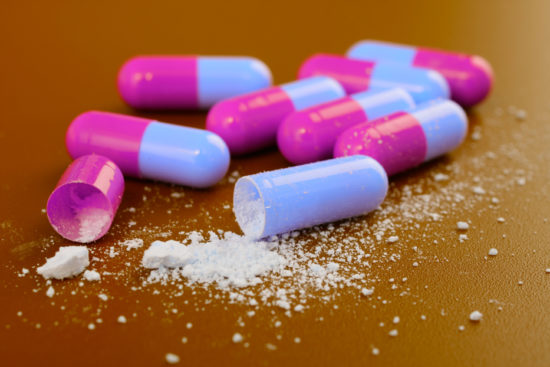Antibiotic shortages are fuelling antimicrobial resistance
Antimicrobial resistance (AMR) is a growing global concern, with shortages of first-line antibiotics contributing to the “silent pandemic.” These shortages often lead to overuse of specialized or reserved substitutes, increasing the risk of drug resistance and making infections more difficult to treat. AMR is one of the world’s biggest killers, responsible for an estimated 1.27 million deaths in 2019. The global response to this crisis has mainly focused on developing new antibiotics. However, there is room to reduce AMR deaths and its impact on health by addressing the causes of shortages and improving access to appropriate treatments. Antibiotics are often more complex, costly, and less profitable than other drugs, leading to reduced or stopped antibiotic research and development. Improved market intelligence and better coordination of supply chain management can help reduce risks and increase production. Additionally, countries, particularly lower-income ones, can improve their procurement, registration, and management of essential antibiotics. Initiatives like SECURE aim to work with countries to improve access to essential antibiotics.
AMR NEWS
Your Biweekly Source for Global AMR Insights!
Stay informed with the essential newsletter that brings together all the latest One Health news on antimicrobial resistance. Delivered straight to your inbox every two weeks, AMR NEWS provides a curated selection of international insights, key publications, and the latest updates in the fight against AMR.
Don’t miss out on staying ahead in the global AMR movement—subscribe now!







